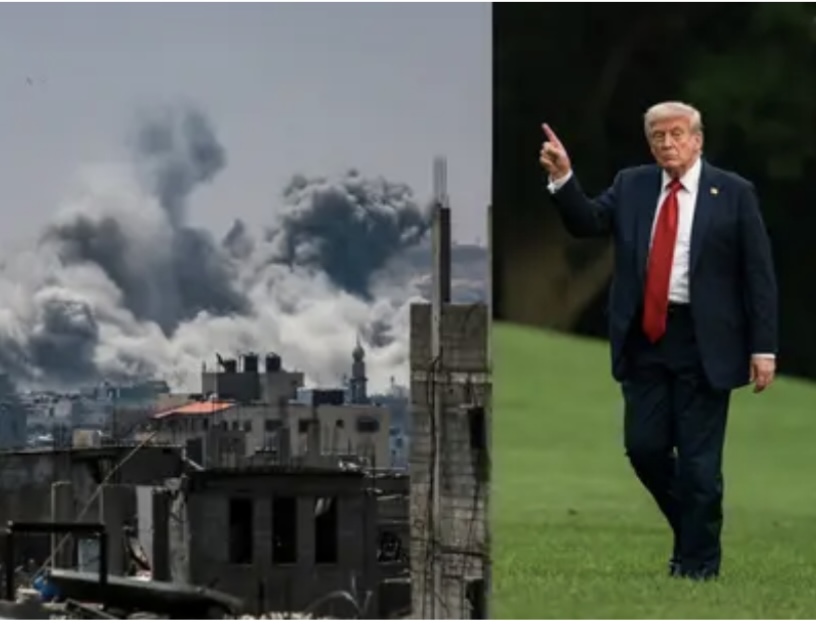On Sunday, July 13, U.S. President Donald Trump announced that the United States would deliver Patriot air defense systems to Ukraine, aiming to strengthen the country’s defenses against ongoing Russian aggression. The decision follows a period of uncertainty and marks a shift in U.S. posture just weeks after the White House had signaled a pause in some arms shipments to Kyiv.
Trump’s remarks come amid worsening ties with Russian President Vladimir Putin. “We’ll be sending them Patriots—they badly need them,” Trump told reporters, emphasizing that Ukraine would cover the full cost of the weapons as part of a new NATO-coordinated agreement. However, he did not specify the number of missile systems to be supplied. “I haven’t settled on the number, but they’re definitely getting some,” he said, expressing frustration with Putin. “Putin acts friendly, then bombs everyone by night. It’s disappointing,” Trump added.
According to Trump, the missile systems will be part of a broader arrangement under which NATO would reimburse the U.S. for certain advanced military aid provided to Ukraine. “We’re supplying highly advanced military equipment, and they’re going to pay us 100 percent,” Trump stated.
This announcement comes just ahead of Trump’s planned meeting with NATO Secretary General Mark Rutte on Monday, where he is expected to deliver a significant statement on Russia.
Meanwhile, bipartisan efforts in the U.S. Senate are gaining momentum with a proposed sanctions package aimed at punishing Russia and its allies economically. Introduced by Republican Senator Lindsey Graham and Democrat Richard Blumenthal, the bill would grant President Trump broad authority to impose severe economic measures—including tariffs up to 500%—on any country aiding Russia’s war efforts. Graham described the legislation as a “sledgehammer” to dismantle Putin’s wartime economy, targeting not only Russia but also nations like China, India, and Brazil that continue to do business with Moscow.
Commenting on the legislation in an NBC interview, Trump noted that the bill gives the president full discretion to enforce the sanctions. “The Senate is passing a very strong bill, but it’s up to me whether to use it,” he said. “It gives me the tools, and I’ll decide if and when to act.”



